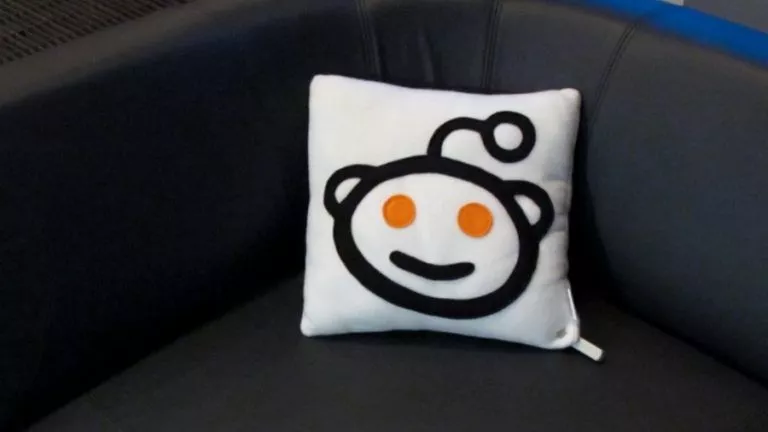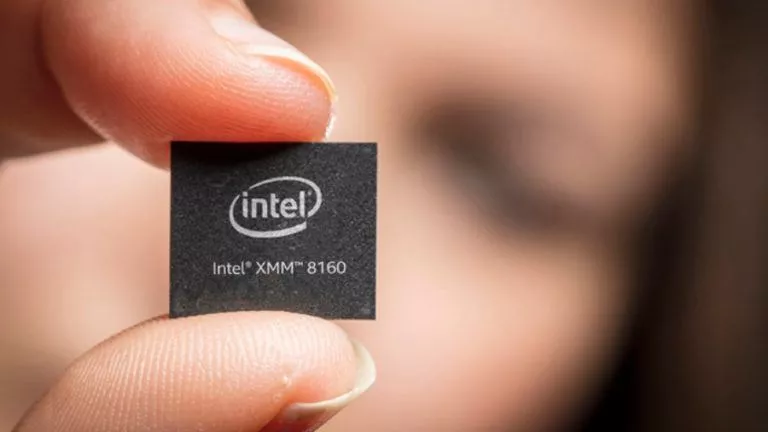FTC’s Accusation Of Google For ‘Deceptive’ Pixel 4 Ads Is Outright Stupid
Google has been accused and fined for many things in the past, and one of them is for “Deceptive” Pixel 4 ads, back when the flagship Pixel was released. For the uninitiated, when the flagship came out, Google gave Ad scripts for the hosts at over iHeartMedia radio to read. Here’s what the script contained.
The only thing I love more than taking the perfect photo? Taking the perfect photo at night.
With Google Pixel 4 both are a cinch.
It’s my favorite phone camera out there, especially in low light, thanks to Night Sight Mode.
I’ve been taking studio-like photos of everything . . . my son’s football game . . . a meteor shower . . . a rare spotted owl that landed in my backyard. Pics or it didn’t happen, am I right?
Pixel 4 is more than just great pics. It’s also great at helping me get stuff done, thanks to the new voice-activated Google Assistant that can handle multiple tasks at once.
I can read up on the latest health fads, ask for directions to the nearest goat yoga class (yes, that’s a thing), and text the location to mom hands-free. . . .
The FTC’s argument here is that none of the hosts were given the phone before they went ahead and read the script. These “deceptive” ads aired nearly 29,000 times in 2019 and 2020. Both Google and iHeartRadio have settled the dispute with FTC and have agreed to pay a $9.4 million fine to the seven states they’re settling the dispute with.
Pixel 4: Is the fine and accusation by FTC justifiable?
Now, there are two reasons this accusation is too vague; First up, we’re pretty sure you remember the Twitter Police incident with MKBHD involving Gal Gadot and Huawei. If not, watch the video here.
What we learned from this video is celebrities never use phones from the companies they’re promoting. So, going by what the FTC did to Google and iHeartRadio, aren’t Gal Gadot and Huawei both at fault?
Secondly, even if it was Google’s mistake, why fine the company and the hosts, whose job is to promote sponsorships and stick to a predefined script?
The advertising industry has changed a lot in the past few years, and celebrity endorsements no longer have the same effect on people buying the product as they used to a decade ago. Hence, these advertisements are more to remind people of the existence of a product rather than convincing them to buy the product since the strategy is a dying breed.
A Google spokesperson said to The Verge, “We take compliance with advertising laws seriously and have processes in place designed to help ensure we follow relevant regulations and industry standards.” However, iHeartMedia declined to comment, and they’re probably not very happy as this partnership backfired.
What are your thoughts about the FTC fining Google and iHeartRadio for the Pixel 4 advertisement? Let us know in the comments section below.






